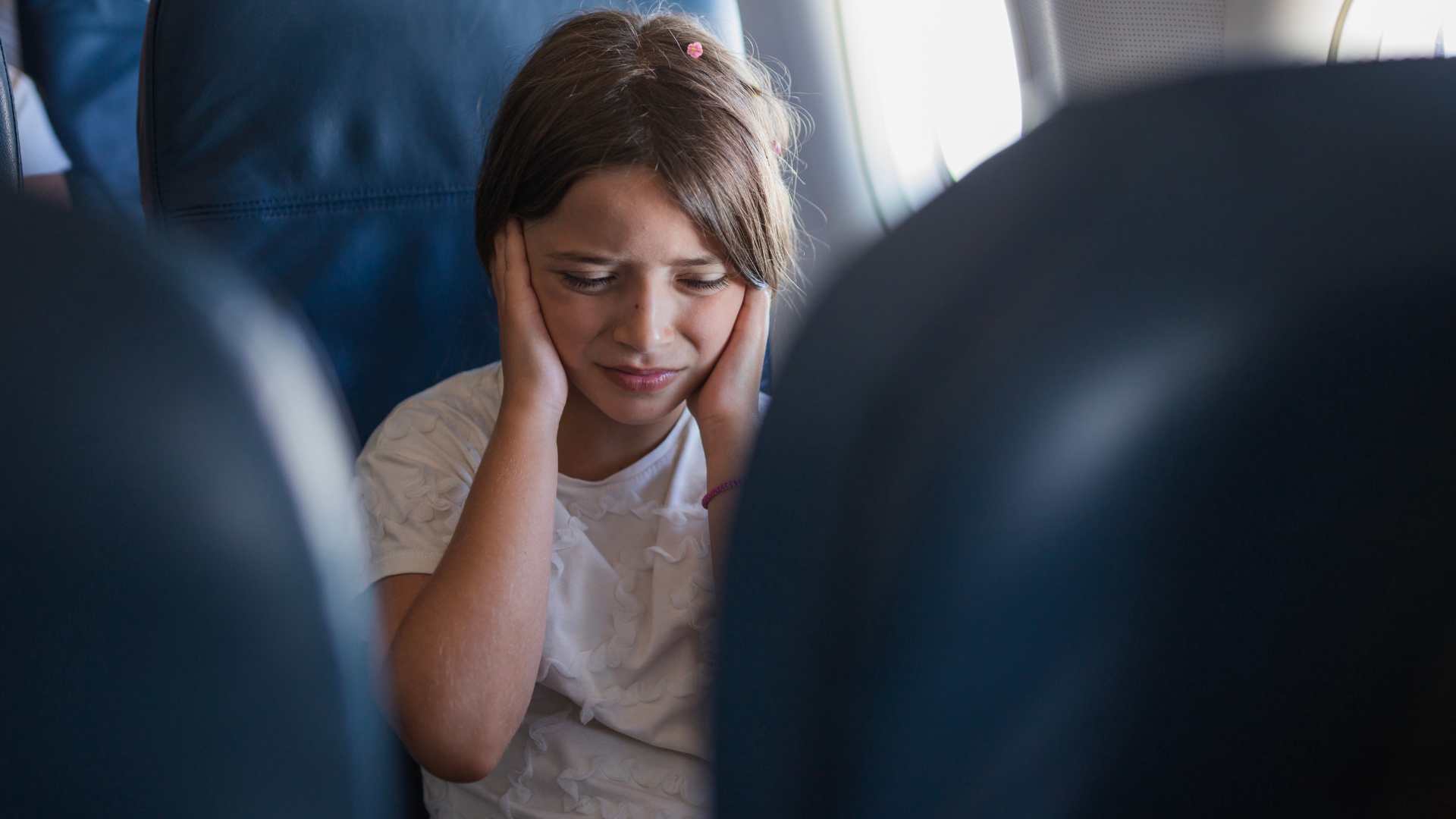
Here a re six ways to avoid earache on planes. Image: canva
Six ways to combat air pressure earache when flying
Want to avoid that annoying air pressure earache when flying? Here are six great tips on how you can combat it…

Here a re six ways to avoid earache on planes. Image: canva
While flying may be a thrilling experience, for many, the prospect of dealing with earaches during flights can dampen that excitement. Ear pain, commonly caused by changes in air pressure during takeoff and landing, can be uncomfortable and even quite painful. There are, however, several strategies you can employ to avoid or minimize earache on planes. Here are six…
1. Swallowing and yawning
- Why it works: Swallowing and yawning help open the Eustachian tubes, which equalize pressure in the ears and helps eliminate earache.
- How to do it: You can bring along a bottle of water, suck on candy, or chew gum to encourage frequent swallowing. Yawning naturally occurs but can also be mimicked if needed.
2. The Valsalva Maneuver
- Why it works: The Valsalva Maneuver helps to force air into the Eustachian tubes, balancing the pressure between the inside and outside of the ear for less earache.
- How to do it: Pinch your nostrils shut, close your mouth, and gently blow as if you are blowing your nose. Be careful not to blow too hard though, as this may cause you to feel lightheaded. Then breathe out forcibly to release the breath rapidly.
3. Use earplugs or filtered earplugs
- Why it works: Special earplugs like “EarPlanes” are designed to regulate pressure in the ear and can prevent discomfort during takeoff and landing. Insert the earplugs before takeoff and remove them once the plane reaches cruising altitude or after landing to avoid earache.
4. Stay hydrated
- Why it works: Staying hydrated keeps your mucous membranes moist, which helps your ears adapt to pressure changes more effectively.
- How to do It: Drink plenty of water before and during the flight, and avoid alcohol and caffeine as they can dehydrate you.
5. Use nasal decongestants or sprays
- Why it works: Decongestants help reduce the swelling of the nasal passages and Eustachian tubes, making it easier to equalize ear pressure.
- How to do it: Use a nasal spray or take an oral decongestant about 30 minutes before takeoff and landing. Consult a doctor before use if you have any medical conditions.
6. Avoid sleeping during descent
- Why it works: When you’re awake, you can actively yawn, swallow, or use other techniques to equalize ear pressure. Sleeping makes it harder to respond to pressure changes. Try to stay awake during the plane’s descent by engaging in activities such as reading, listening to music, or watching a movie.